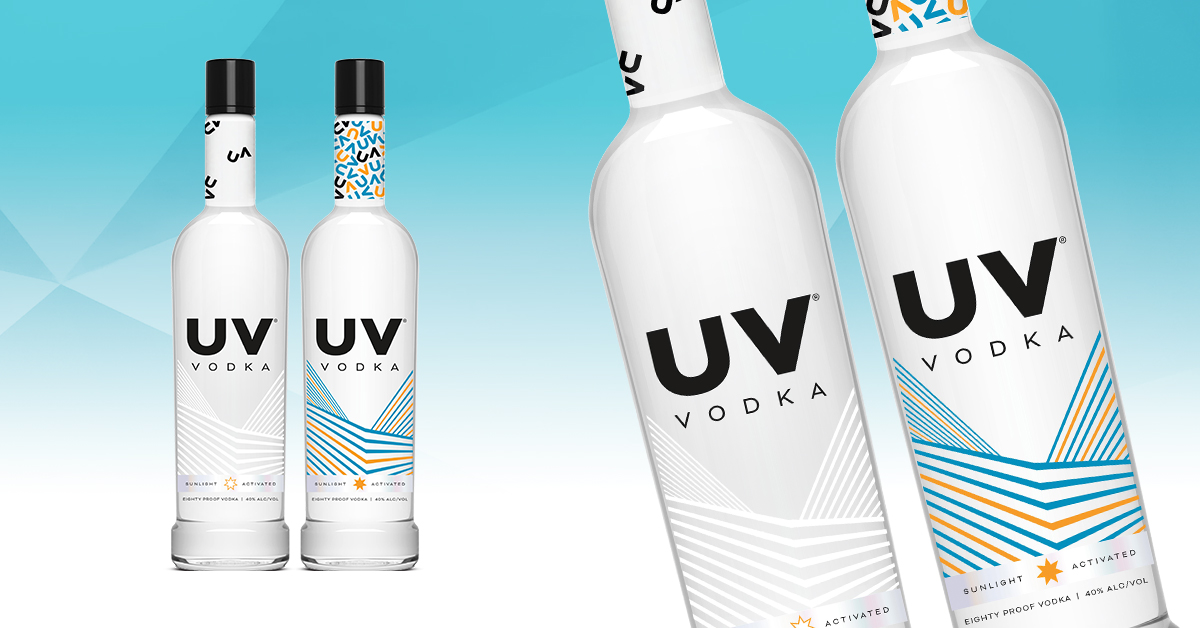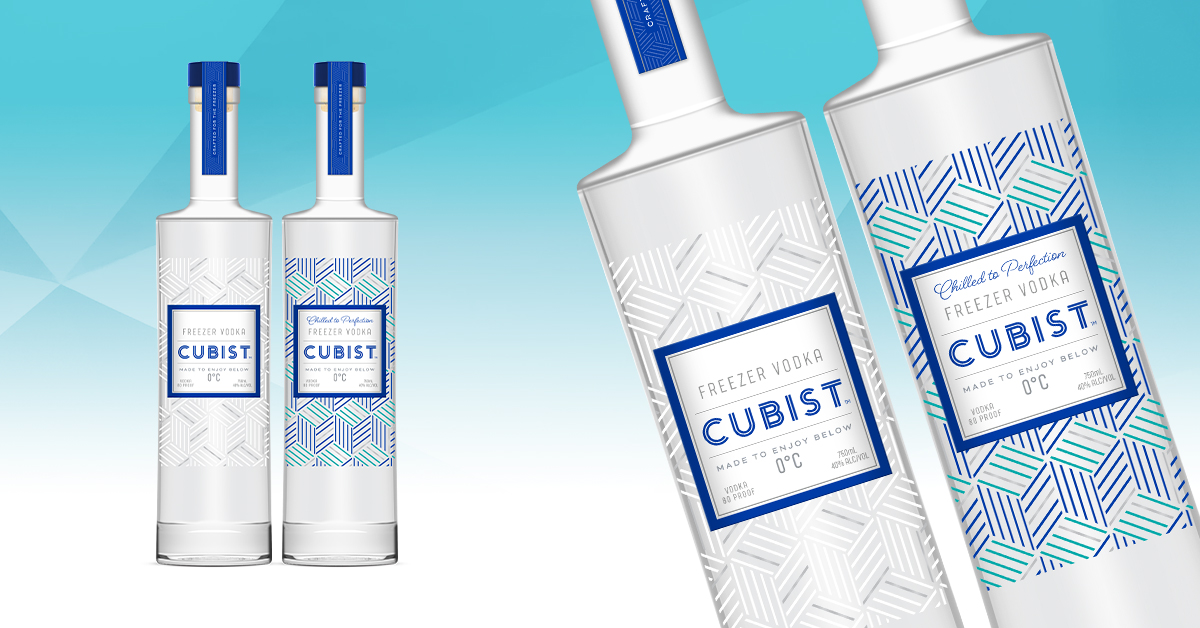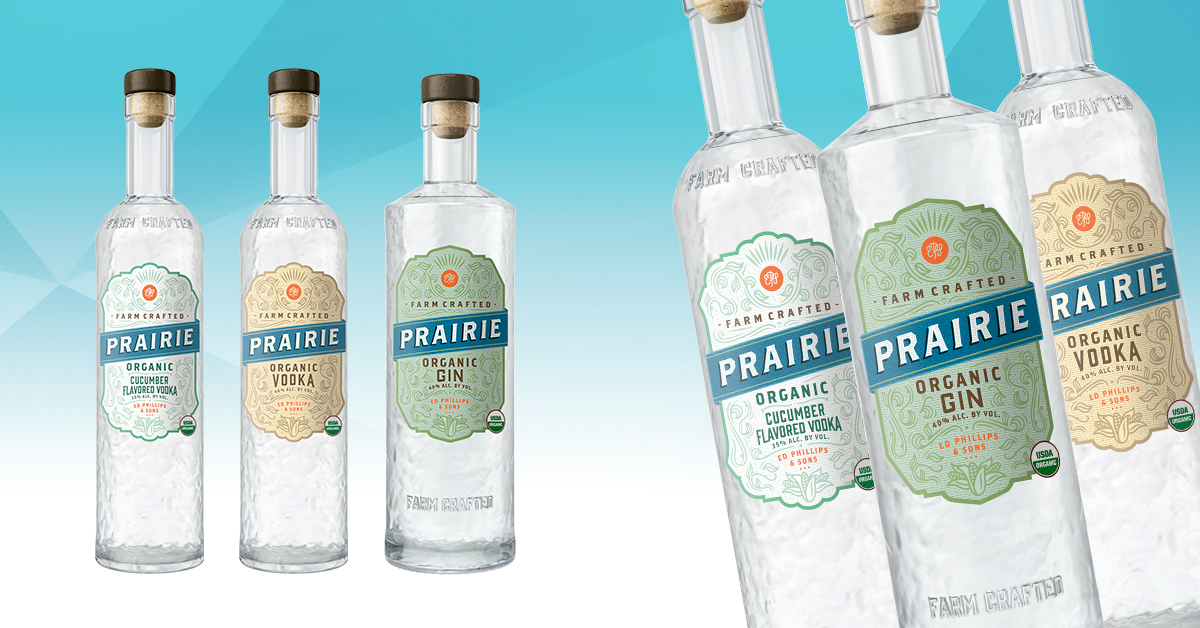
After over 100 years in the spirits business, Phillips Distilling Company is nothing if not established. From its production base in Princeton, Minnesota, the company has found a solid foothold across multiple segments of the industry, including private label manufacturing as Distiller Sales Company (which counts Total Wine & Spirits as its largest customer), contract distilling, and through its own portfolio of branded products like Prairie Organic Spirits and Revel Stoke flavored whiskies, which are sold primarily in the Midwest and Canada.
In other words, it’s a steady, dependable legacy operator — and not necessarily the type of place you might expect to find big bets being made on light-activated, photochromic ink-labeled bottles or innovations like art-inspired “freezer vodka.” But, spurred by its CEO to inject fresh life into its core brands, that’s exactly what Phillips is doing.
“When it comes to our brands, each one needs to stand for something,” said Phillips CEO Andy England.

Having spent nearly a decade as EVP and CMO at Miller Coors (now Molson Coors) before becoming CEO and director of motion picture advertising company National Cine Media (NCM), England’s arrival as CEO at Phillips in August 2020 represents his return to the beverage alcohol industry. He quickly recognized, along with company leadership, the need to revitalize Phillips’ product family — which includes vodkas UV and Cubist, plus Phillips’ branded cordials and liqueurs and the aforementioned Revel Stoke and Prairie — with a fresh and modern approach.
“In my view, our brands have been under-innovated, our plant has been under-invested, and the opportunity is just to do a lot more with what has been sort of a quiet company,” he said.
This summer, under England’s guidance, Phillips’ strategy has been to give each of its brands a clearly defined positioning, and then to aggressively innovate around that. Cubist Vodka stands as a good example: Starting with a specific focus on consumers who like their vodka ice cold straight out the freezer, the product elaborates on that concept in subtle ways — see the cubist art-inspired design on the inside back label — and more overt gestures — when at the “perfect temperature” of below 0 degrees C, the thermochromic bottle turns blue. The line, which retails for $24.99 per 750ml bottle, is currently being tested in Minnesota and Arizona.

Packaging tech is also at the heart of flavored vodka line UV: through the magic of photochromic ink, each bottle now features a light-activated label that changes its design depending on the level of exposure. The brand’s new design and marketing tagline (“Bring the Light”) is meant to help reconnect consumers with UV’s core proposition and point of differentiation, with internal research showing that light-activated ink drives purchase intent for 64% of consumers. But it’s also about taking a potentially convoluted concept and making it simpler and more accessible.
“The first question we asked was how do we make clear why this is called UV and make it relevant to consumers?” he said. “The opportunity to create a sunlight-activated product just made lots of sense to us in terms of bringing interest and understanding as to why this product is called UV, as well as contemporizing it.”
For other brands like Revel Stoke, the changes are more cosmetic but just as pointed. In recognition of a need to differentiate the brand and hone in on its core mid-20s “zillennial” consumer, the line has been relaunched with a new look and nomenclature that “drips with attitude,” England said, and which will be supported by a billboard campaign in Minnesota, Wisconsin and Iowa. That target consumer uses flavored whiskey to “stoke the revelry,” he noted, so the brand is leaning into that occasion with new tagline (“Stoke Your Wild”) and SKU names like “SonofaPeach” and “Nutcrusher Peanut Butter.”
Elsewhere, targeting consumers on the other end of the spectrum, is Prairie Organic Spirits, which markets vodka and gin. Phillips is backing that brand with a robust new marketing campaign, created by agency Space150, that will focus on appealing to health-conscious urban dwellers who are looking for better-for-you drinking options and which will include billboards, paid social content and a pair of short TV spots.

“We spent too much time talking to people who like organic products about vodka, and not enough time talking to people who like vodka about the fact that this is organic,” England said.
That approach boils down to simply “taking advantage of the things we are good at,” according to England, and extends to the company’s production philosophy of running a flexible and efficient operation that can do small runs and quick changeovers. To help optimize those efforts, the company brought on England’s former MillerCoors colleague Fernando Palacios, who also counts previous stints at Pillsbury and Land ‘O Lakes on his resume, out of retirement to join the company in February as its new head of supply chain.
For England, maintaining an innovative edge is in the company’s DNA: the company is credited as the first U.S. producer of schnapps, while Eddie Phillips, the grandson of founder Jay Phillips, helped discover and bring premium import brands like Chopin and Belvedere to the U.S. in the 1990s. Despite pushing to keep Phillips innovative, he acknowledged that the ultimate goal isn’t to steal share from the liquor industry’s global players. As the major corporations seek to drive growth through premium spirits (particularly whiskey and tequila) and RTD products, he believes that Phillips has the opportunity to “make plenty of friends” by developing brands and products with strong identities in less crowded categories, like vodka, at a middle price point that appeals to its main markets.
“We are aware of the fact that going heads-up against the big guys is not a good strategy historically,” he said. “If those guys don’t want to focus on vodka, then maybe we should.”